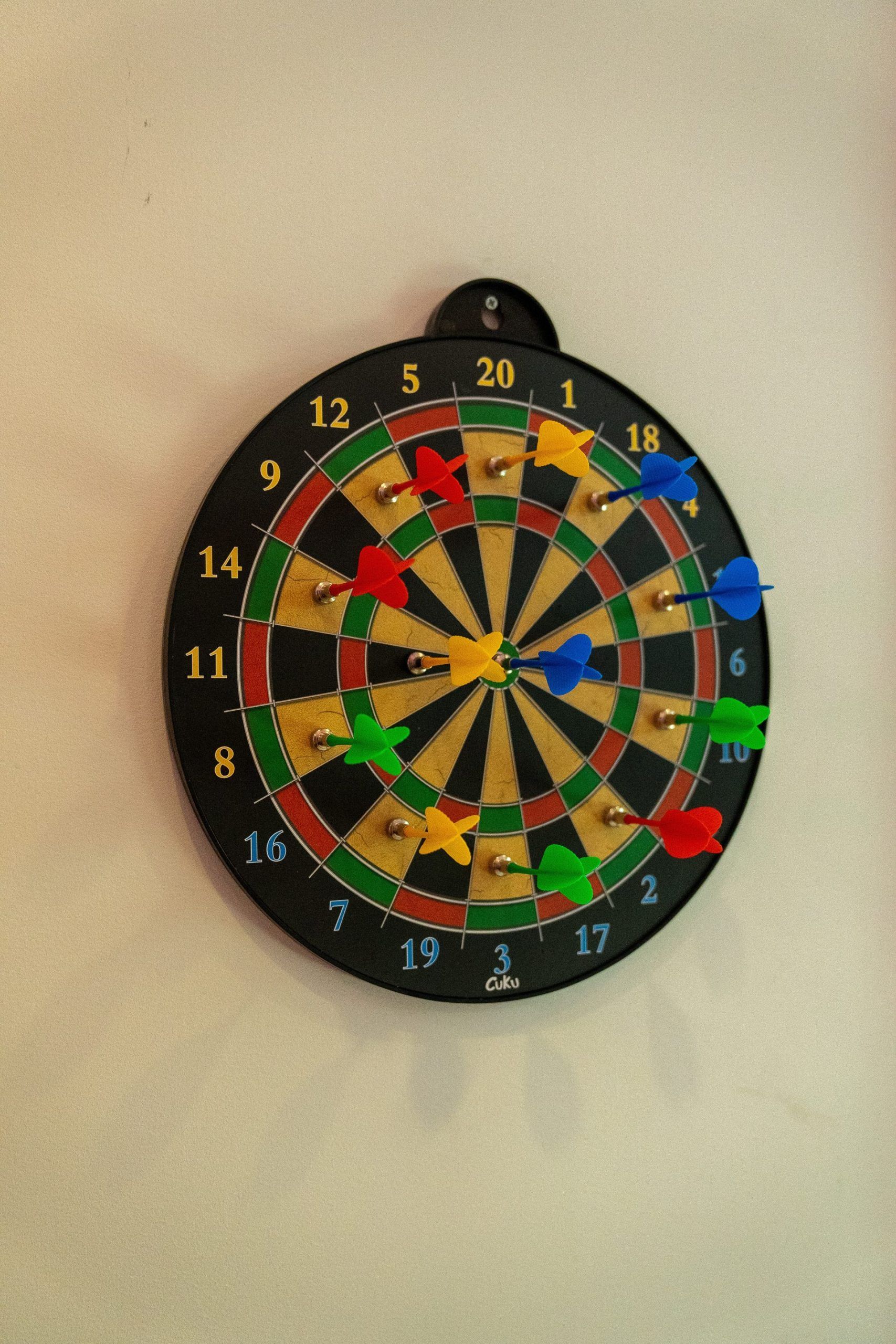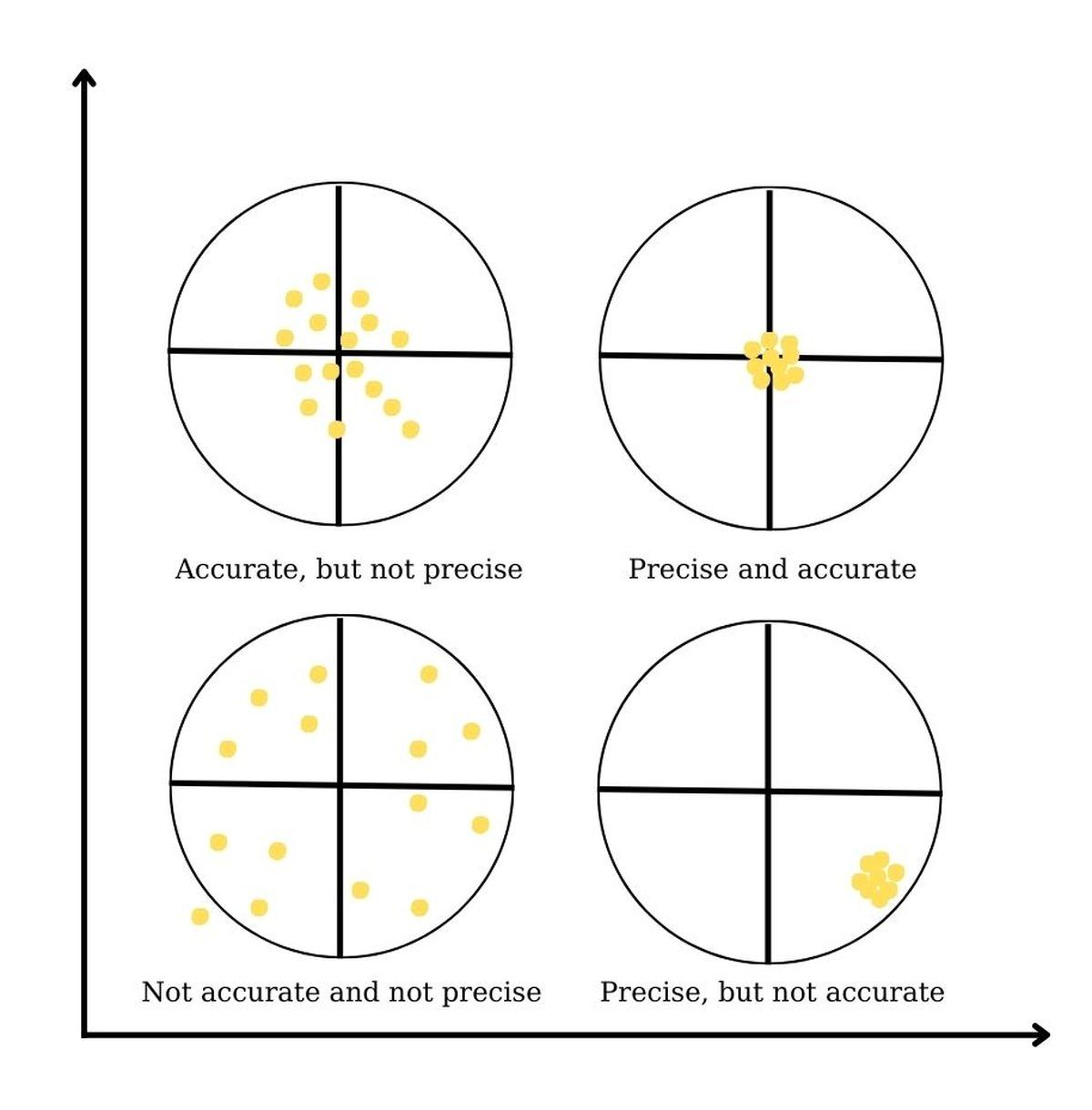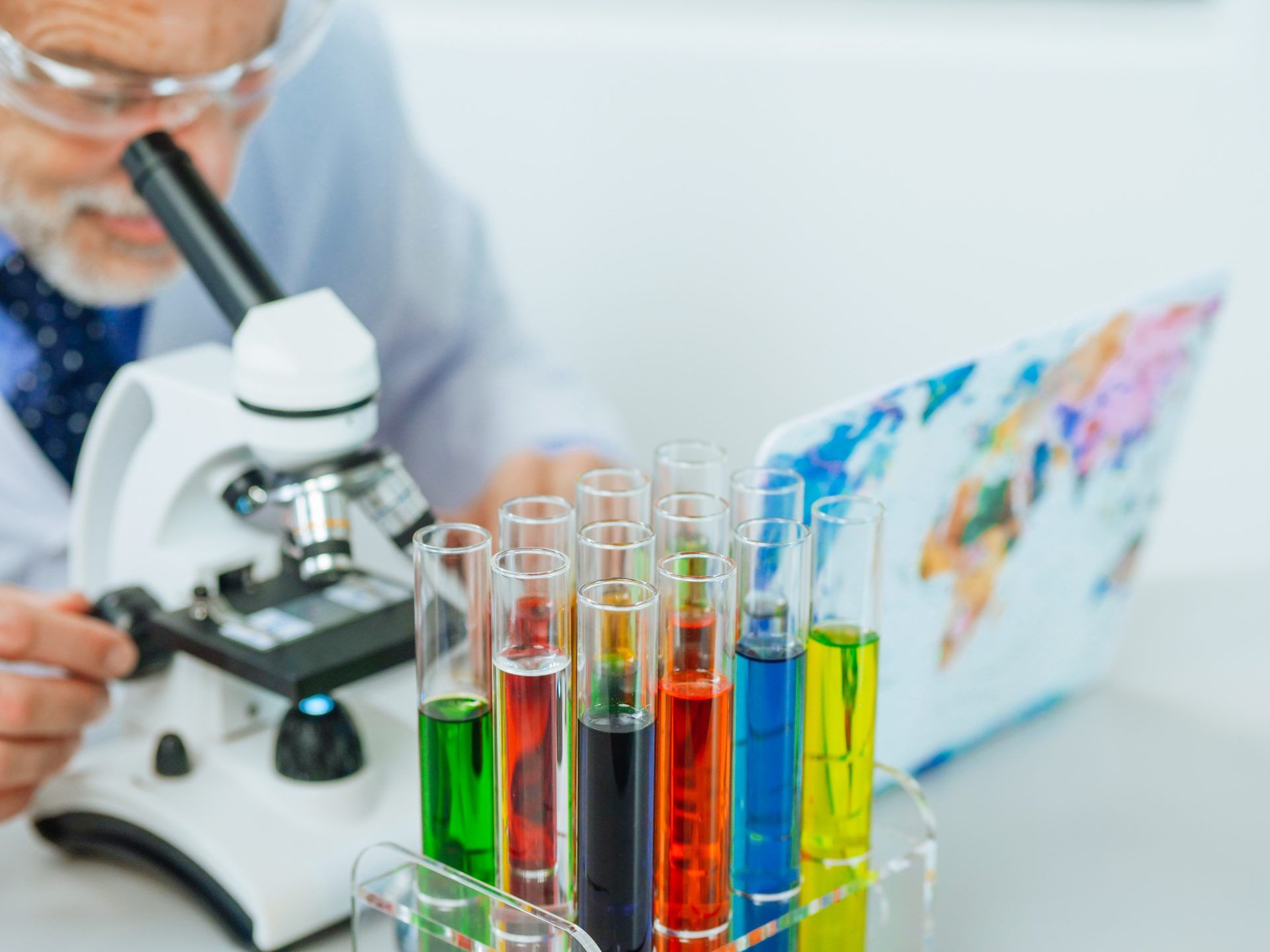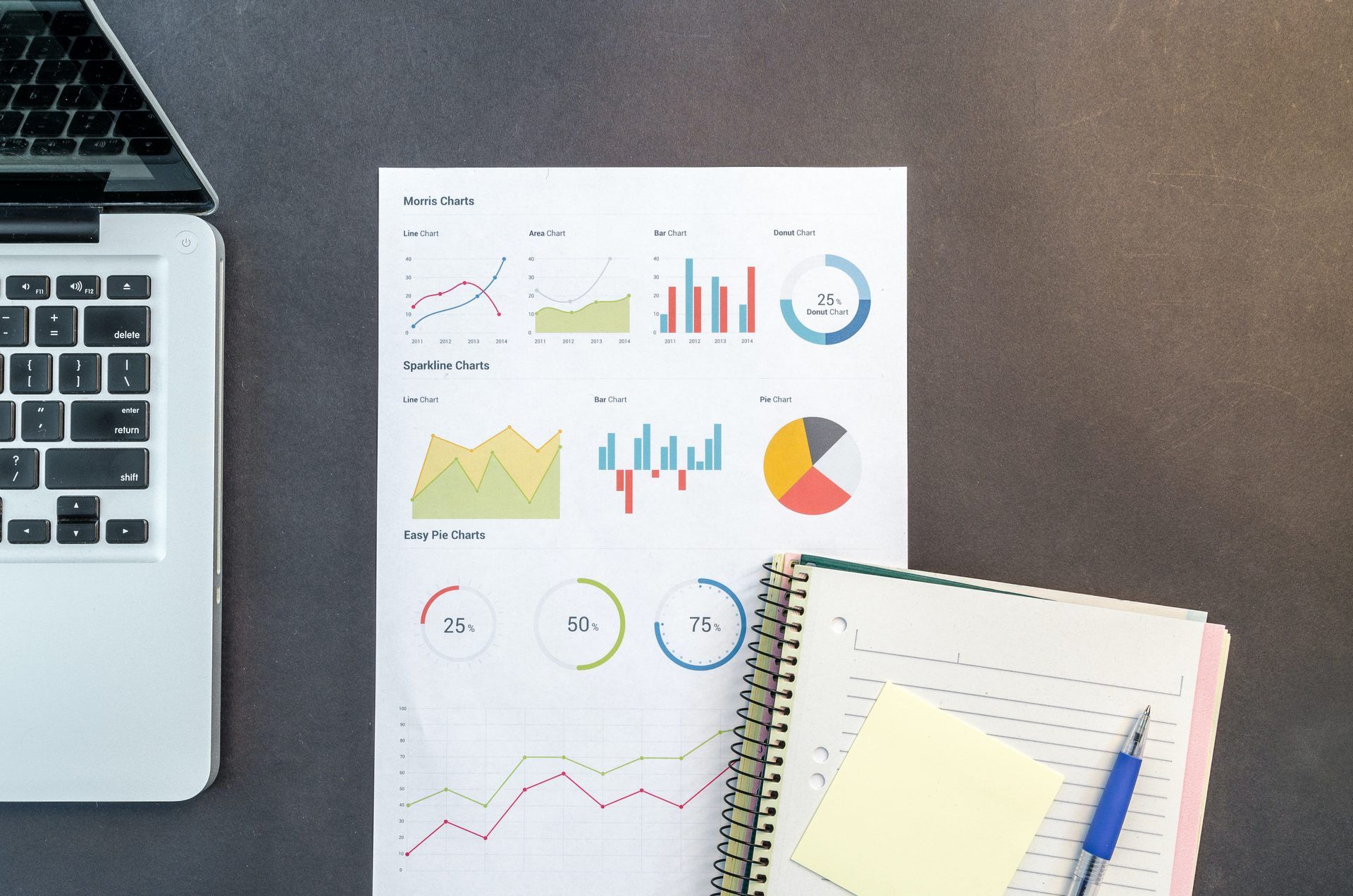Data accuracy vs precision comparison came. When it comes to data measurements, precision and accuracy are two crucial elements to consider. Both accuracy and precision reflect how close a measurement is to a real value. Still, accuracy focuses on how close a measurement is to a known or accepted value. In contrast, precision focuses on whether or not measurements are repeatable even if they fall outside the accepted range. How? Let’s have a look at it in further detail.
Data accuracy vs precision: Difference, definition, and more
Accuracy and precision are crucial properties of your measurements when you rely on data to conclude. Both concepts apply to a series of measurements from a measurement system.
Measurement systems facilitate the quantification of characteristics for data collection. They include a collection of instruments, software, and personnel necessary to assess the property of interest. For example, a research project studying bone density will devise a measurement system to produce accurate and precise measurements of bone density.
Failure to understand the tension between precision and accuracy can profoundly affect how one processes data and the outcome of geospatial analysis. So, to begin with, let me quickly recap what they are.

What is data accuracy?
Without accurate data, businesses may make poor decisions that waste time and money. Companies can make bad judgments if they don’t have the correct information.
As a result, data accuracy is an important indicator for businesses to track to ensure that they make the most informed selections possible.
Data accuracy implies accurate data and may be utilized as an actual source of information to make important business decisions.
Data accuracy, on the other hand, is a term that means “how close the estimate of a parameter from sample data is to its real value.”
In our previous article, we already explained what is data accuracy and how improve it.
What is precision?
Precision is the degree to which repeated measurements are consistent. Values differ from one another owing to random error, which is a type of observational error.
Precision is a measure of closeness between two measurements. If you use a yardstick to measure your height daily, your measurements are precise.
So what is the difference between data accuracy vs precision?
Data accuracy vs precision: Difference
In the context of measurement, accuracy and precision have distinct meanings. Accuracy refers to a degree of conformity and accuracy compared to a genuine or absolute value. In contrast, precision refers to a condition of extreme exactness – how consistently something is precisely accurate.
The accuracy of an experiment, object, or value is the degree to which results match the true or accepted value. The precision of an experiment, object, or value measures how reliably and consistently it achieves its intended purpose.
Accuracy and precision are terms used in science, engineering, and statistics to express the closeness between what is measured (the target) and a specific object or condition (the measuring instrument or process).
Data accuracy and precision difference with example
You may miss the bull’s-eye when you throw the darts, but you can always hit the same point. In this situation, we can regard precision as being incorrect since precision. Sometimes referred to as repeatability or reproducibility, a repeated series of measurements is defined.

You may be precise without being accurate, and you can also be accurate without being precise. You can, however, be both precise and correct (getting near to the true value each time) or neither precise nor correct (being far away from the ‘true’ measurement and at a different number each time).
Accurate vs precise chemistry
The closeness of a measured value to a standard or known value is referred to as accuracy. If you obtain a weight measurement of 3.2 kg for a certain substance in the lab but the actual or known weight is 10 kg, your reading is inaccurate. In this example, your result was not close to the recognized value.
Precision is the closeness of two or more measurements to one another. If you weigh a particular substance five times and obtain 3.2 kg each time, your measurement is highly precise, as shown in the example above. Precision has nothing to do with accuracy. You can be extremely accurate yet incorrect, as previously said. You may also be precise but inexact.

For example, if your measurements for a certain substance are close to the expected value but they differ significantly from one another, you have accuracy without precision.
To understand accuracy and precision, consider a basketball player shooting hoops. If the player shoots accurately, he will always hit the ball near or into the basket. If the player shoots with precision, he will always make contact with the ball and send it to a specific location that may or may not be close to the basket. A great player would be accurate and precise by shooting, in the same manner, every time and hitting the target inside the ring.
Difference between accuracy and precision in surveying
In surveying, “accuracy” refers to how well a measurement or view corresponds to a “true value” since measurements and views are always subject to error. “Precision” refers to how close repeated measures or observations come to duplicating measured or observed values.

Which is better, accuracy or precision?
You’ll need precise and accurate measurements at the same time. It’s easy to claim that precision is enough in some cases, but only if the accuracy of the measurement is understood in some way. A precise, inaccurate measurement is worthless without a method for determining accuracy.
It would help if you determined which one you require the most. However, in most situations, you will use both simultaneously.
How to test accuracy and precision?
You may use measurement system analysis techniques to evaluate the truth and precision of your information. These analyses are complex procedures that will go through everything in detail. Assessing their measurement systems takes significant time and money for scientific studies and quality control investigations. They must trust their data before they can trust the outcomes!
Calibration studies test the precision of your measuring equipment. These tests usually involve measuring a variety of known things several times and comparing the results to predetermined values. This method determines whether the measurements are accurate on average or skewed. If the data are incorrect because they’re biased high or low, you can recalibrate the device to place it back on baseline values.
Gage R&R (repeatability and reproducibility) tests the accuracy of your measuring equipment. They analyze the sources of measurement variability using an ANOVA technique in Gage R&R studies. Gage R&R studies tell you whether your measurements have too much variation and where to focus your corrective measures. They show how much variation is due to the instruments and personnel, allowing you to pinpoint the source of problematic variation. You can try ASQ for Gage R&R.
Conclusion
A project might need to be scoped out at any time. When scoping a project, the closer to the real workload you can get is ideal. You and your client determine the scope of a project to figure out and document a list of specific project goals. Features, functions, deliverables, deadlines, and ultimately the cost of the undertaking are all possible options. Project scope aids in planning for resources and managing project timelines. Accuracy and precision relate to measurement; therefore, they’re both beneficial when defining scoping.
The essence of accuracy and precision is the degree of measurement, which is why they are often confused. They are two separate indicators of measurement that have little to do with one another.






